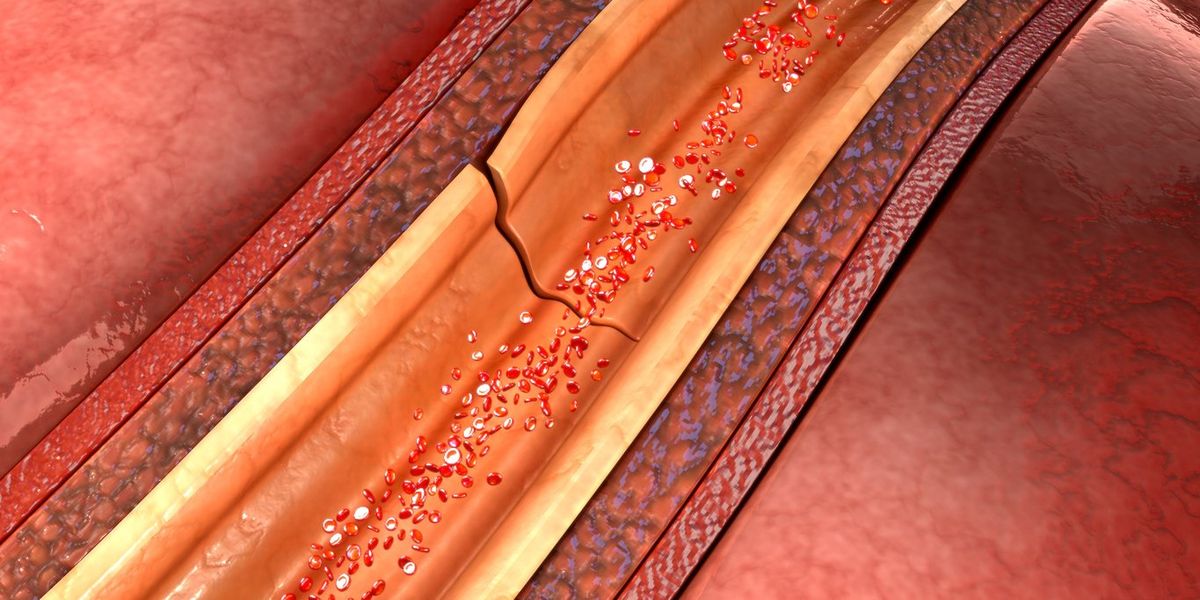Be careful with muscle-building supplements: This is the body image disorder that they can lead you to according to a new study
Muscle dysmorphia in young people may be linked to the consumption of protein shakes and other dietary supplements, according to a new study on their wellbeing.
A new study published Wednesday in PLOS Mental Health found a strong correlation between muscle-building supplements and symptoms like excessive gym use and an obsessive focus on food intake, with the more supplements individuals used, the more pronounced these symptoms became.
Researchers looked at data from 2,731 participants aged 16 to 30 from the Canadian Study of Adolescent Health Behaviors, which examines disordered eating, muscle-building behaviours, body image, and social health.
‘Many people think supplements are safe, that’s not always the case’
Speaking to CNN, Dr. Kyle Ganson, assistant professor in the Factor-Inwentash Faculty of Social Work at the University of Toronto said that “the use of 6 different dietary supplements intended for muscle building was associated with greater symptoms of muscle dysmorphia. This included whey protein powder and creatine, both of which are commonly used among young people trying to gain muscle.”
“People who experience muscle dysmorphia often have significant challenges in their social lives, and can experience severe emotional distress. Not to mention, these individuals may go to extreme lengths to achieve their body ideal, such as using anabolic steroids. When they look in the mirror, they don’t see what you see when you look at them,” she concluded.
Dr. Gail Saltz, clinical associate professor of psychiatry at the NewYork-Presbyterian Hospital and Weill Cornell Medical College added that “many people think supplements are safe because it’s just a supplement. But in fact, that is not always the case.”
On tackling muscle dysmorphia, study coauthor Dr. Jason Nagata, associate professor of pediatrics at the University of California said that social media can be largely to blame for reptitive misinformation: “one important step is to challenge the information and ideals coming out of social media, especially for teens who are undergoing rapid changes and making frequent comparisons with others during puberty.”
“Social media posts about muscle-building supplements and anabolic steroids overwhelmingly demonstrate positive muscle-building effects,” he added. “Social media can exacerbate body comparisons and lead to muscle dissatisfaction and the use of anabolic steroids or other muscle-building drugs and supplements in teens.”
Get your game on! Whether you’re into NFL touchdowns, NBA buzzer-beaters, world-class soccer goals, or MLB home runs, our app has it all. Dive into live coverage, expert insights, breaking news, exclusive videos, and more – plus, stay updated on the latest in current affairs and entertainment. Download now for all-access coverage, right at your fingertips – anytime, anywhere.
Share this article:












